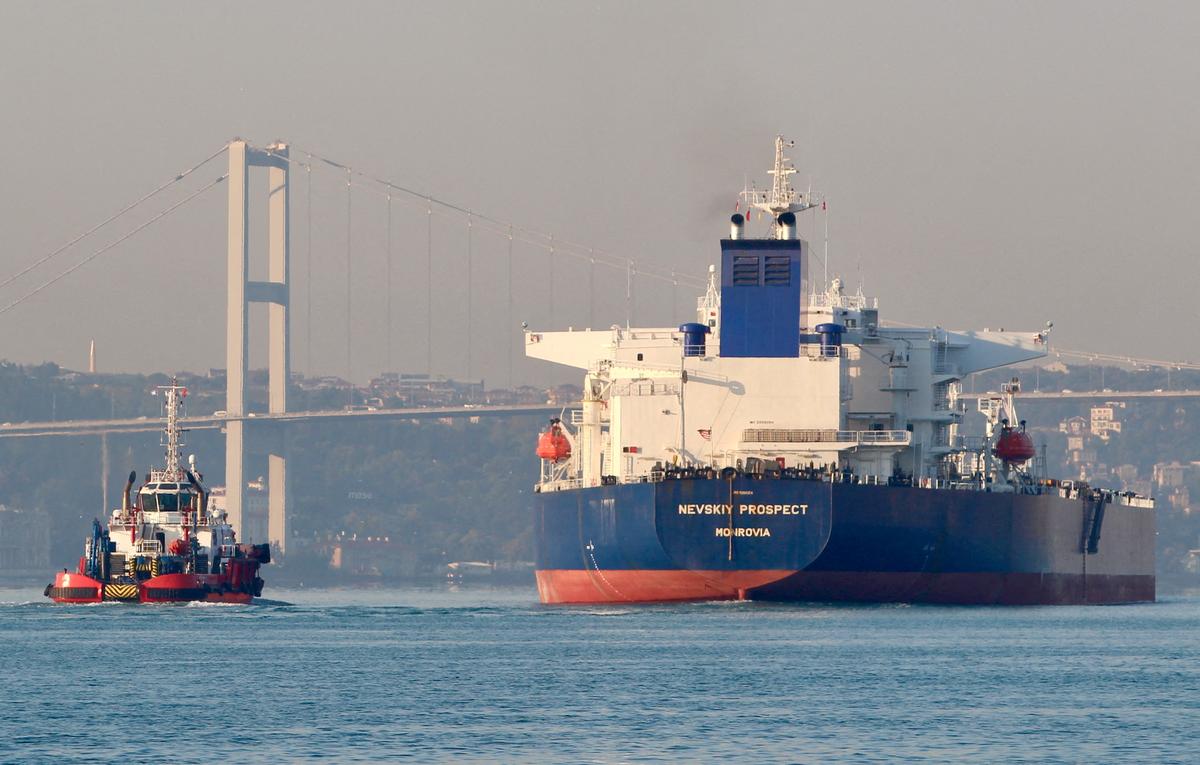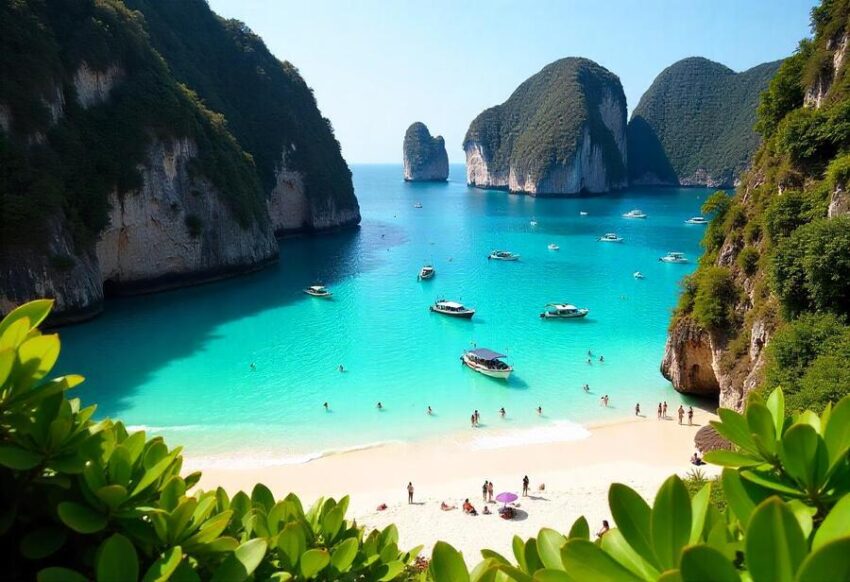-
Middle East holds ground while smaller suppliers fade
-
Russia emerges as India’s top crude supplier, displacing distant exporters; Middle East majors remain stable in the energy mix
Russia’s dominance in India’s crude oil imports has redrawn the global trade map, but major Middle Eastern suppliers continue to hold their ground. Iraq, Saudi Arabia, and the UAE remain the key players in India’s energy basket, while smaller and geographically distant exporters such as the US, Nigeria, Mexico, and Oman have seen their market presence erode significantly, reported timesofindia.indiatimes.com.
Russia surpasses traditional suppliers with discounted crude
Before the Ukraine war, Russia was a marginal supplier to India, contributing just 100,000 barrels per day (b/d) out of the country’s 4 million b/d imports in 2021. By 2022, however, Russia surged to become the third-largest supplier and soon overtook Iraq and Saudi Arabia, reaching 1.76 million b/d. In 2025, Russia continues to lead with around 1.7 million b/d, exceeding the combined volumes of Iraq and Saudi Arabia.
This growth has been fueled by spot market deals at discounted rates, allowing Indian refiners to replace higher-priced African and American crude. Despite persistent US pressure to cut ties with Moscow, India has maintained strong energy relations with Russia, citing competitive pricing and high profitability.
Middle East suppliers steady, smaller exporters lose out
Trade tracker Vortexa shows Iraq supplies India an average of 898,000 b/d, Saudi Arabia 640,000 b/d, and the UAE 448,000 b/d in 2025. Compared to pre-war levels in 2021, Iraq and Saudi volumes are down about 5%, while the UAE has grown by 3%.
-
US deliveries have dropped 33% to 271,000 b/d, Nigerian shipments halved to 151,000 b/d, Kuwait cut to 131,000 b/d, while Omani and Mexican exports have collapsed by over 80%
-
Supplies from Colombia, Ecuador, Gabon, and Congo have also dwindled
India’s balancing act amid geopolitical pressures
Industry officials note that Indian refiners continue to value long-term contracts with Middle Eastern producers as a safeguard for energy security, reducing only discretionary purchases. Iraq, in particular, offered competitive terms to retain market share during Russia’s rapid rise.
Meanwhile, Russia remains optimistic about deepening ties. The Russian embassy recently dismissed US “double standards” on trade and emphasized that India benefits from discounted crude—nearly 5% lower than alternatives. “There is no alternative to Russian crude oil as it is very competitive,” it said, adding that “India matters very much” for Russia.
With President Vladimir Putin set to visit India, officials suggest sidelined suppliers from Africa and the Americas may seek a comeback if geopolitical conditions shift, though for now, Russia remains firmly entrenched in India’s energy strategy.









